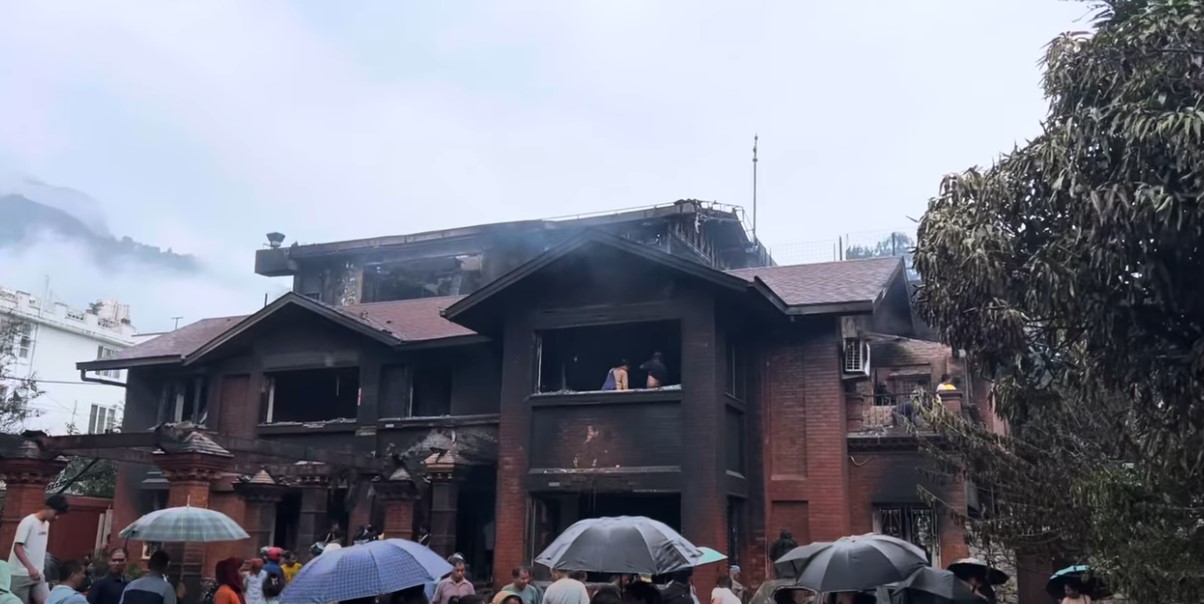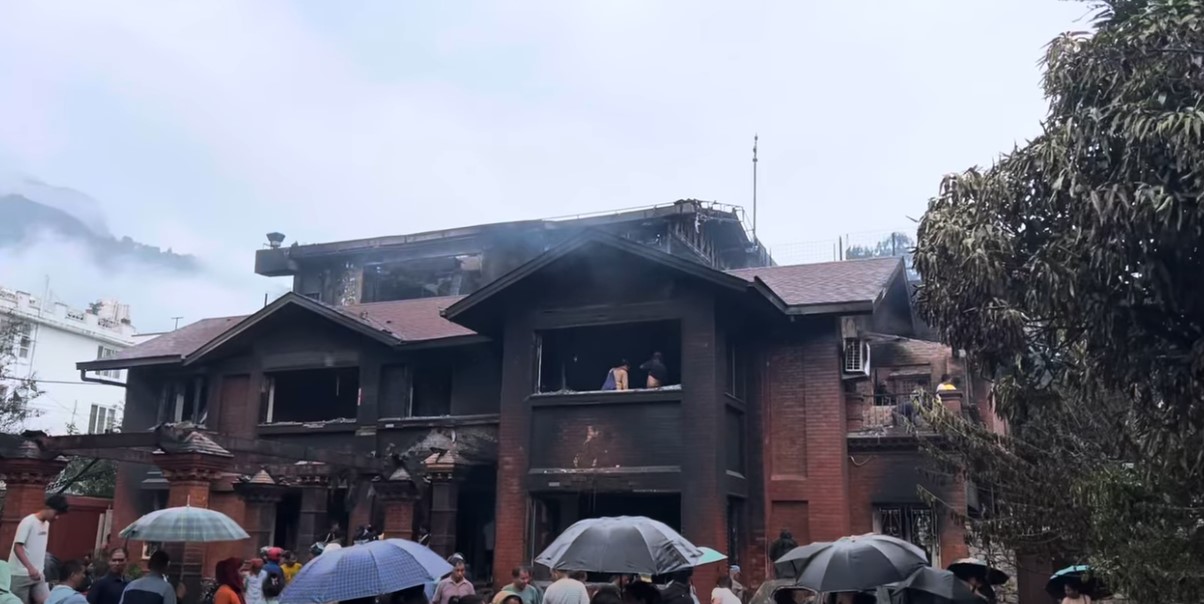The recent Gen Z protests have not only shaken Nepal’s streets but also exposed the depth of corruption within its political class. Protesters targeting the homes of former prime ministers, ministers, and top leaders found—or in some cases looted—large amounts of cash, gold, and expensive liquor. Video clips of burnt banknotes, rooms filled with jewellery, and bags stuffed with cash went viral, sparking widespread outrage. The revelations have left citizens wondering how leaders could accumulate such wealth without legitimate sources of income. The scale of what was discovered cannot be dismissed as an isolated or minor incident. Corruption in Nepal is well documented. From commissions paid by project contractors and business houses, to bribes for licenses and “fees” for transferring bureaucrats, leaders and officials have long been under public scrutiny. It is alleged that a large portion of such funds is channeled to prime ministers, ministers, senior bureaucrats, middlemen, and party backers. The cash, jewellery, and other valuables found during the protests point to the same entrenched pattern of accumulation through unethical means. For the young activists who led the Gen Z movement, the cash haul is further proof of the deeply rooted culture of impunity in the country. Apart from the two former prime ministers already implicated, many other leaders are suspected of hoarding cash and valuables in their homes, and they too must be investigated.
Call for probe grows as cash hoards found in top political lead...

The movement, which played a key role in toppling the former government and pushing the country toward a new beginning, sought to hold leaders accountable for their failures. This incident proves why they were right. The public now demands that thorough investigations be carried out and that such a grave matter not be swept aside. Nepal’s laws require any cash above one million rupees to be declared and linked to legal sources. The fact that millions were hidden in private homes points to deliberate evasion and raises questions about how anti-money laundering regulations and the Revenue Leakage Act have been overlooked by those in power. Such actions are not only illegal but also represent a betrayal of the people’s trust. Many argue that prosecuting high-profile figures would demonstrate that Nepal is serious about financial good governance, helping restore credibility both at home and abroad. The country is already on the Financial Action Task Force (FATF) grey list, which signals weaknesses in systems designed to prevent money laundering and terror financing. Ignoring such blatant violations will not only tarnish Nepal’s reputation but could further isolate its financial system.
Action is urgently needed to reassure foreign investors, international partners, and citizens that the rule of law applies equally to all. Agencies such as the Department of Money Laundering Investigation and the Department of Revenue Investigation must now act decisively. For decades, Nepal’s leaders have behaved as if they were above the law. The Gen Z protests have shown that public patience has run out and that citizens are demanding transparency and accountability. Ultimately, the new government’s response will shape Nepal’s political culture for years to come. If even the most powerful figures can be held accountable, it will mark the beginning of real change. If not, it will only embolden those who view public office as a means to exploit citizens and amass wealth overnight.




































